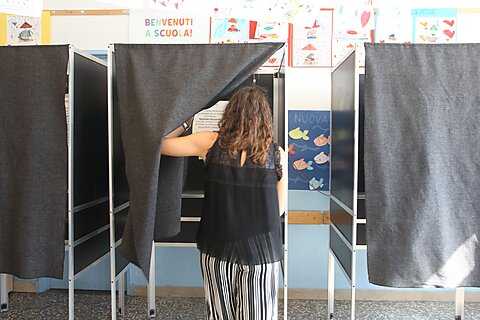Number four in our series of occasional roundups on election law and policy:
The Dispatch invited writers to share our worries about a new Trump or Harris administration. I did both, concentrating in both instances on elections and governance. Also for The Dispatch, I wrote a piece explaining why there’s no plausible parallel between Elon Musk’s cash outlay to prospective registered voters and Mark Zuckerberg’s 2020 election philanthropy.
How prepared are the states to handle election problems? The National Conference of State Legislatures assembled views from me and eight others in a mini-symposium on that topic. And new from Protect Democracy, “The 2024 Vote Count: What to Expect—A Qualitative Analysis of How Long We Expect Vote Counting to Take for the Presidential Race, and What Could Extend It.”
Many old assumptions about the relationship between money and politics have proven shaky at best. So can we expect some of the angst over the Citizens United decision to recede? At Reason, I review the book Big Money Unleashed by Ann Southworth.
At PolitiFact, reporter Kwasi Gyamfi Asiedu quoted me on the infrequency of noncitizen voting in the handful of localities that have legalized it for municipal elections and on why I don’t think it’s a good idea for other communities to follow the lead of Takoma Park, Maryland, in extending the franchise this way. And I was glad to be quoted in Bangor Daily News coverage of allegations of voting fraud in Maine, as well as in The New York Times, The Washington Post, and BBC on the infrequency of noncitizen voting generally.
Minnesota has enacted a new law banning many uses of artificial intelligence (AI)–generated “deepfakes” in ways meant to “injure a candidate or influence the result of an election,” and as you might imagine, there are serious First Amendment problems with that. And an interesting report from Clemson Media Forensics Hub exposes and analyzes an X botnet that pushed content on Senate races, election integrity, etc. Some posts slipped and included the AI prompts used to generate the content.
The misnamed Freedom to Vote Act is a kludgy, ill-thought-out power grab, part umpteen [Derek Muller, Election Law Blog].

